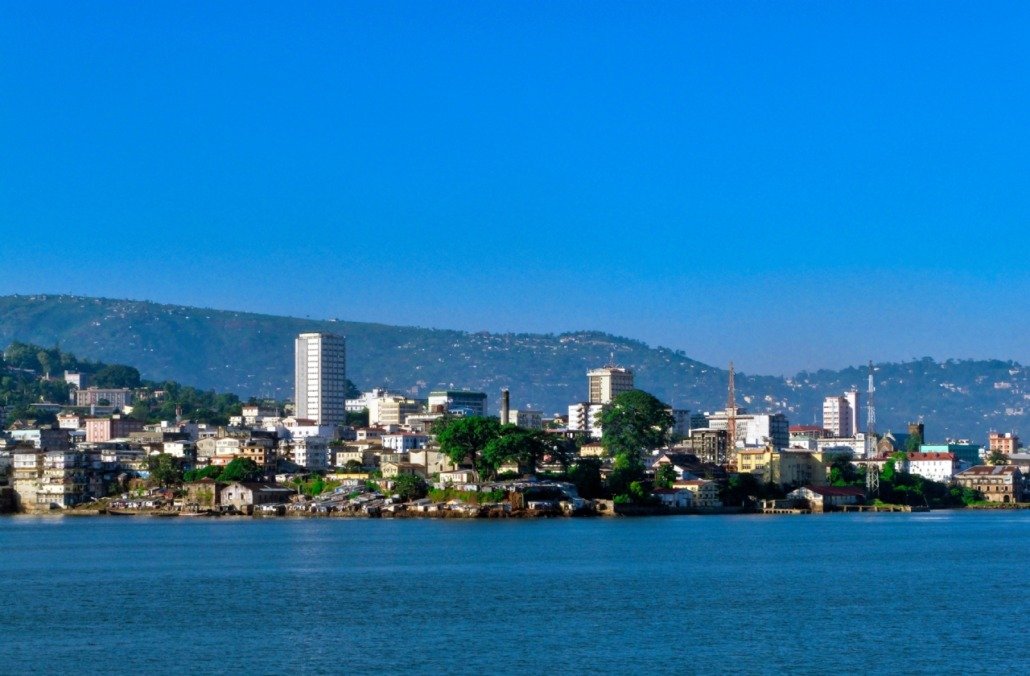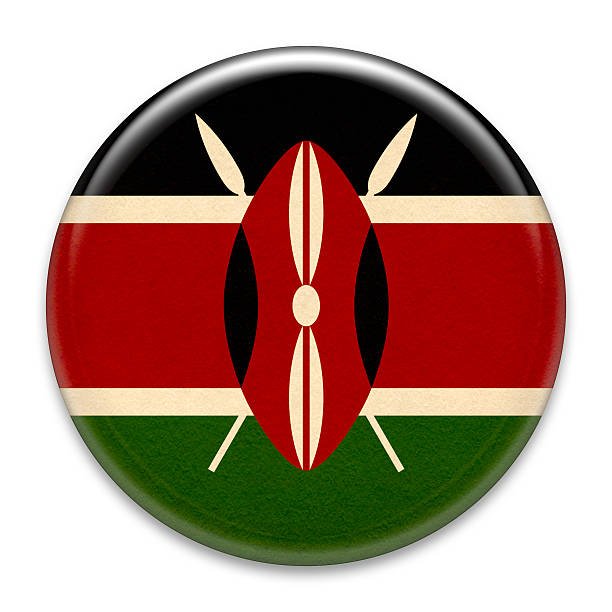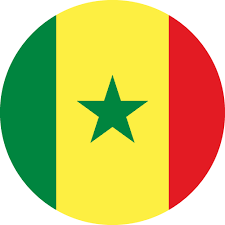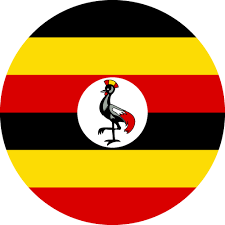Employer of record in Sierra Leone
Employer of record in Sierra Leone
Employer of record in Sierra Leone
Employer of record in Sierra Leone

Sierra Leone is a country located on the west coast of Africa, bordered by Guinea to the northeast, Liberia to the southeast, and the Atlantic Ocean to the southwest. Its capital and largest city is Freetown. Sierra Leone has a diverse cultural heritage with various ethnic groups, languages, and traditions. It is known for its rich natural resources, including diamonds, gold, and bauxite. The country has a history marked by civil war (1991-2002), but since then, it has made significant progress in rebuilding its economy and infrastructure.
Employee Benefits
PAID TIME OFF
- Annual Leave: Employees are generally entitled to paid annual leave based on their years of service: 19 days for 1 to 5 years, 22 days for 5 to 10 years, and 28 days after 10 years of employment.
- Sick Leave: Employees are usually entitled to a minimum of five paid sick days annually.
- Maternity Leave: Female employees are entitled to 12 weeks of paid maternity leave.
- Paternity Leave: N/A
- Family Leave: N/A
Public Holidays
Sierra Leone observes 11 public holidays each year, which are paid.
- Other Paid Time Off: N/A
STATUTORY EMPLOYEE BENEFITS
- Unemployment Benefits: There is no government-provided unemployment insurance program, and employers are not obligated to contribute to any unemployment insurance fund.
- Workers’ Compensation: In the case of injury, disability, or death resulting from employment, compensation is provided under the Workers’ Compensation Act of 1965. The compensation amount depends on the severity of the injury or impairment and the worker’s earnings at the time of the incident
Social Security
- Employee: 5% of monthly earnings, or 15% for voluntarily insured individuals. There are no minimum or maximum earnings for contribution calculations.
- Employer: 10% of monthly payroll, with no minimum or maximum earnings for contributions.
Retirement Benefits
- The retirement age is 60, with a minimum of 180 months of paid or credited contributions.
- Early retirement is possible at age 55, with the same minimum contribution requirement.
- The pension system includes an age gratuity and is not accessible abroad.
- Pension is calculated as 30% of the insured’s average earnings, plus 2% for each additional year of contributions beyond 180 months. The minimum monthly pension is 50% of the national minimum wage.
Health Care
- Medical aid is a private, voluntary option for employees to sign up for, or for employers to provide.
- A mandatory national health insurance program is in place for fully employed residents.
PRIVATE EMPLOYEE BENEFITS
- Workers’ Compensation
Currently, there is no private workers’ compensation available in Sierra Leone. - Retirement
There are no private pension options in Sierra Leone. - Health Insurance
Private health insurance is available in Sierra Leone. - Insurance
Private life insurance is also available in Sierra Leone.
PERSONAL INCOME TAX
- Tax Year
The tax year runs from January 1st to December 31st. - Tax Rates
Both resident and non-resident individuals are taxed at a rate of 15% on taxable income. - Taxation System
Income tax is levied on earnings during the calendar year, and Sierra Leone employs a proportional tax system. - Double Taxation Agreements
Sierra Leone has some agreements in place to avoid double taxation. - Residence Criteria
An individual is considered a resident if they reside in Sierra Leone for more than 182 days in a 12-month period. - Payroll Schedule
Employees are typically paid on a monthly basis. - Rebates & Tax Credits
Sierra Leone offers rebates and tax credits to individuals and businesses in specific situations to encourage investment, promote economic growth, and support various industries.
HEALTHCARE
Sierra Leone’s healthcare system is not free and is divided into two main tiers: peripheral healthcare units with community health programs and secondary care, which includes district and referral hospitals. Additionally, there are private clinics and hospitals, mostly in the Freetown area.
UNEMPLOYMENT
There is no government-provided unemployment insurance program, and the labor law does not require employers to contribute to an unemployment fund.
SOCIAL SECURITY
- Employee: 5% of monthly earnings, or 15% for those voluntarily insured.
- Employer: 10% of monthly payroll.
PAYROLL ELEMENTS
- Income
Remuneration includes salary, bonuses, overtime, taxable benefits, allowances, and certain lump-sum perks. - Bonuses
Employers are not legally required to pay bonuses. - Allowances
Certain allowances, such as housing or transportation, are not mandated by law and may depend on individual contracts. - Benefits in Kind
There is no legal requirement to provide benefits in kind; the provision of such benefits is subject to individual contracts or collective bargaining agreements. - Investment Income
Investment income may be subject to taxation. - Retirement Contributions
Retirement benefits are available from age 60, with a minimum of 180 months of paid or credited contributions. - Health Insurance
Healthcare is not free, with a dual-tier system for both public and private healthcare. - Risk Insurance
Sierra Leone’s labor law does not address risk insurance specifically for employees. - Taxable Income
Both resident and non-resident individuals are taxed at 15% on their taxable income. - Allowable Deductions
Deductions may include taxes, social security contributions, pension, health insurance, and loan repayments.
PAYROLL TAXES AND EMPLOYER CONTRIBUTIONS
- Payroll Taxes
Both resident and non-resident individuals are taxed at a 15% rate on taxable income. - Unemployment
There is no unemployment insurance program, and no contributions are required from employers. - Social Security
Employee: 5% of earnings, or 15% if voluntarily insured.
Employer: 10% of monthly payroll. - Workers’ Compensation
Compensation for injuries, disabilities, or death resulting from employment is governed by the Workers’ Compensation Act of 1965.
ADMINISTRATION
- Income Tax
Sierra Leone’s personal income tax rate is expected to be around 15% for 2022. - Payroll Taxes
The tax rate remains 15% for both resident and non-resident individuals. - Workers’ Compensation
Compensation is provided for injuries or death resulting from work, determined by the severity of the incident and the worker’s earnings.
































